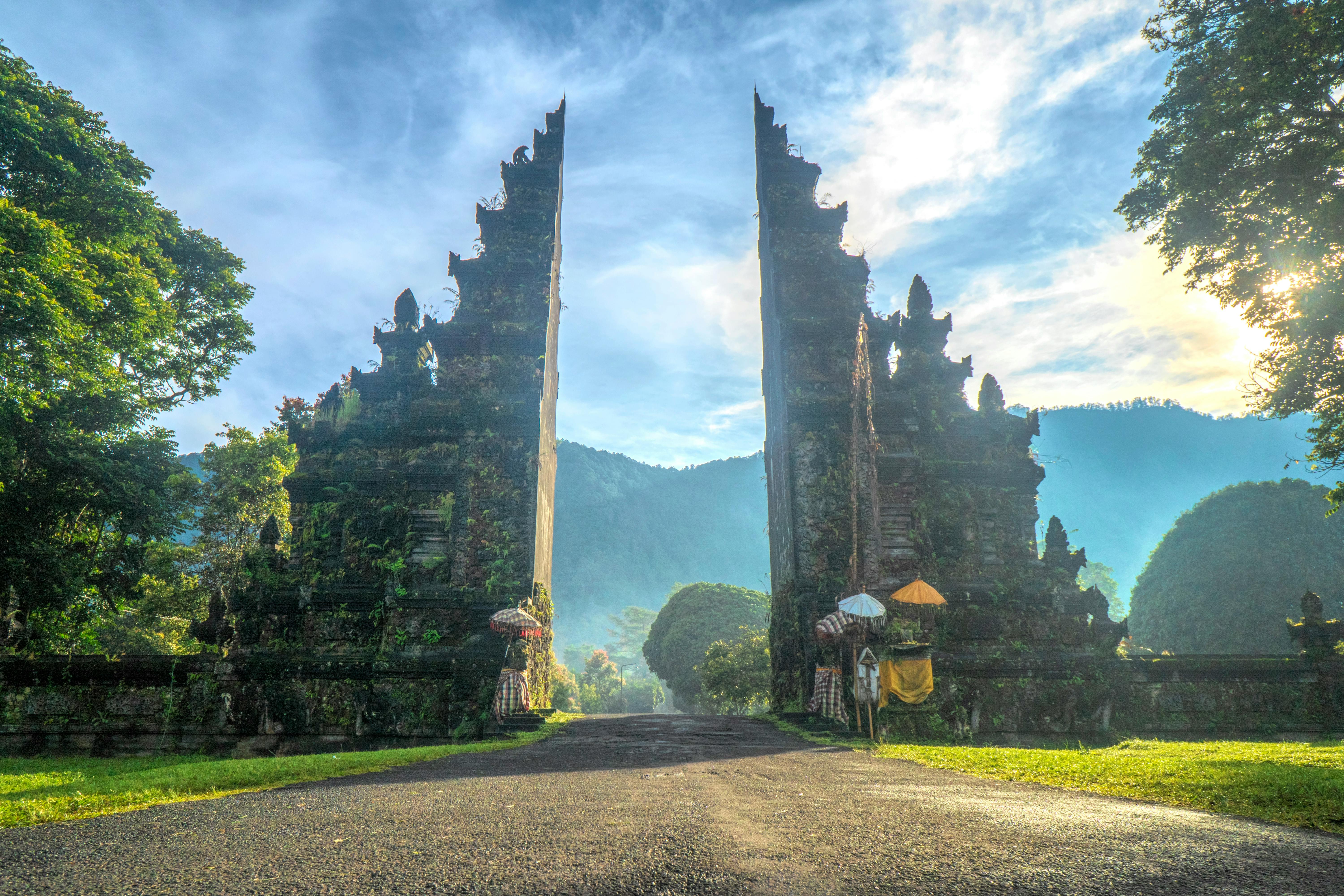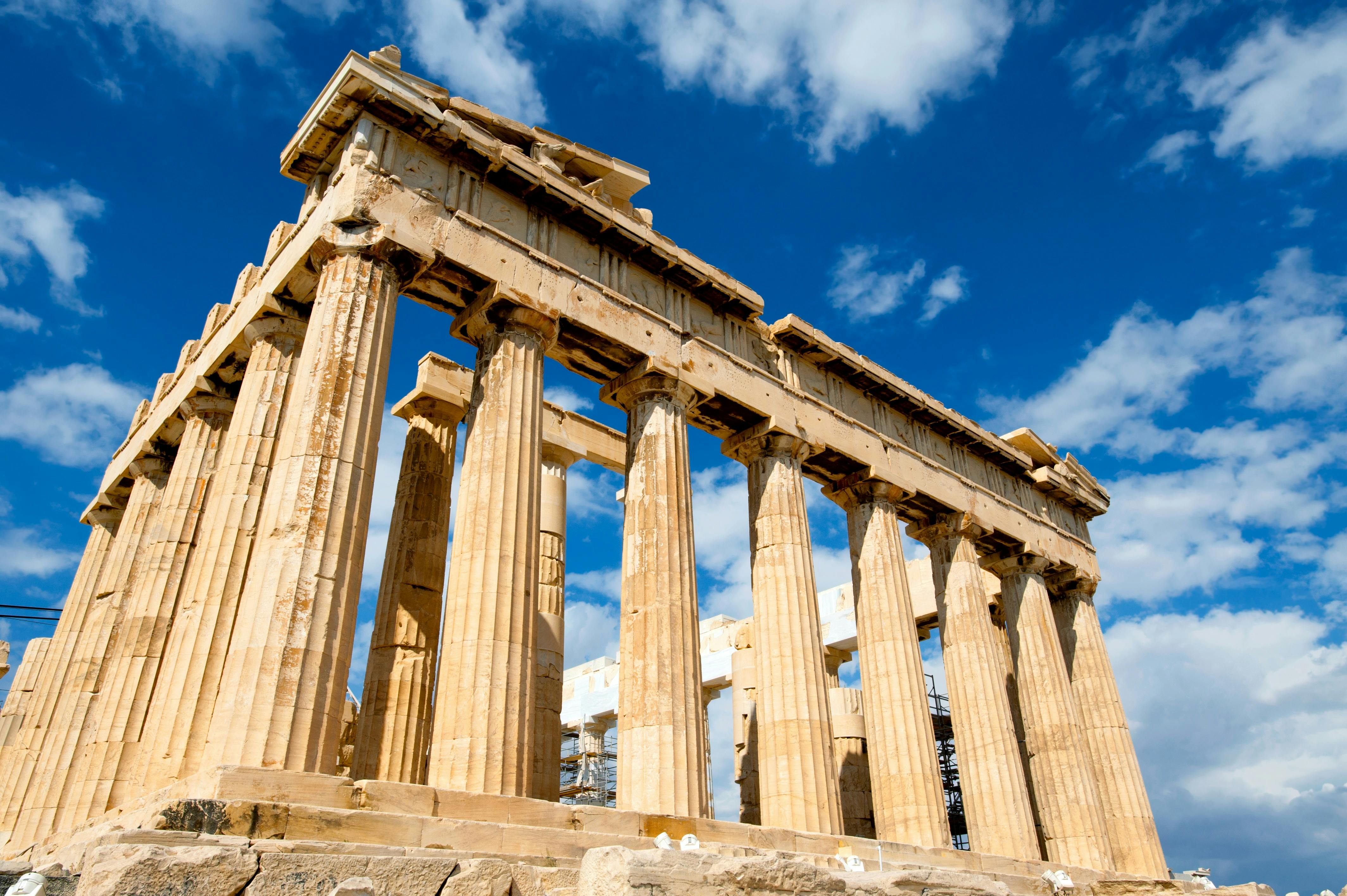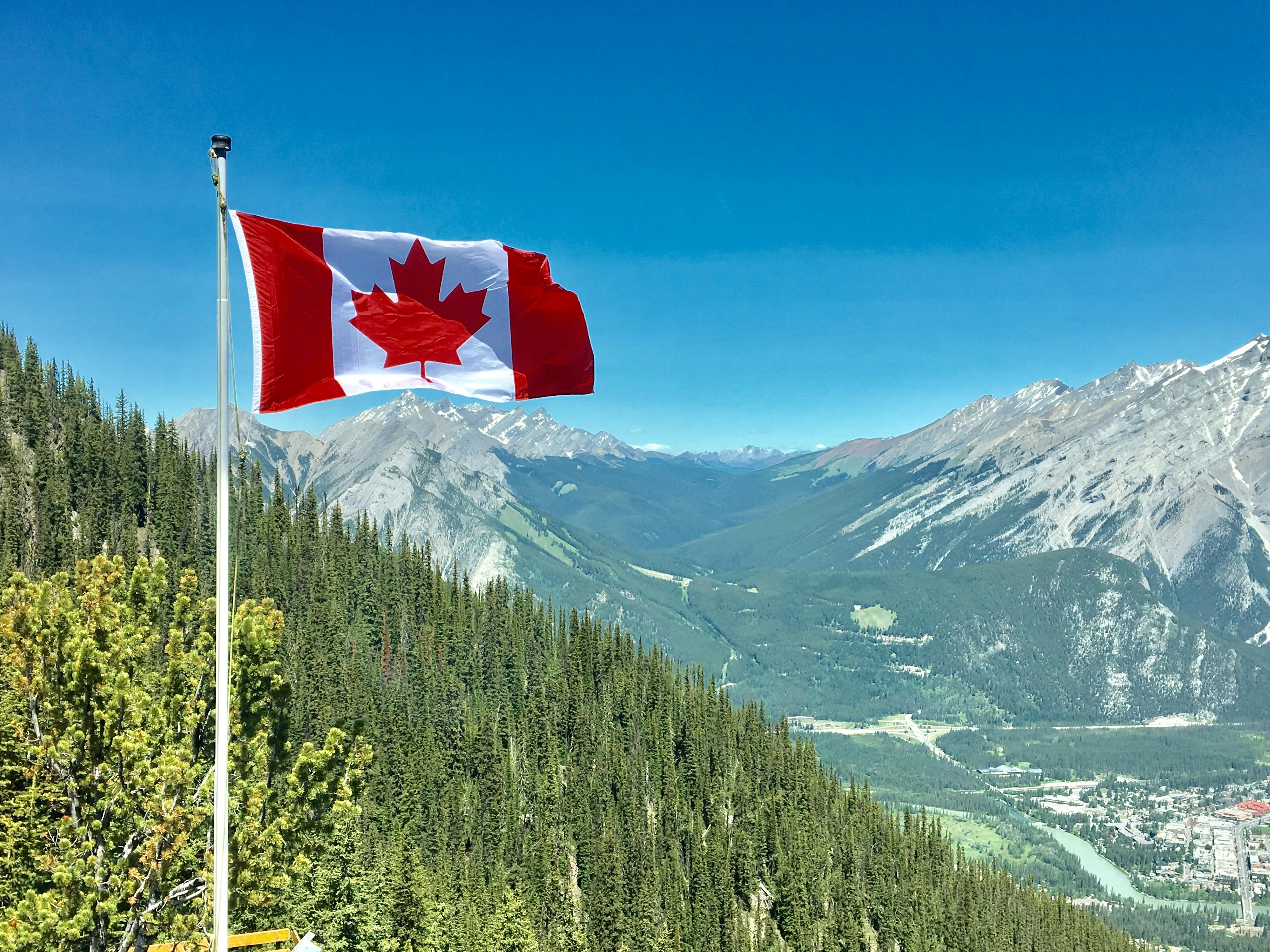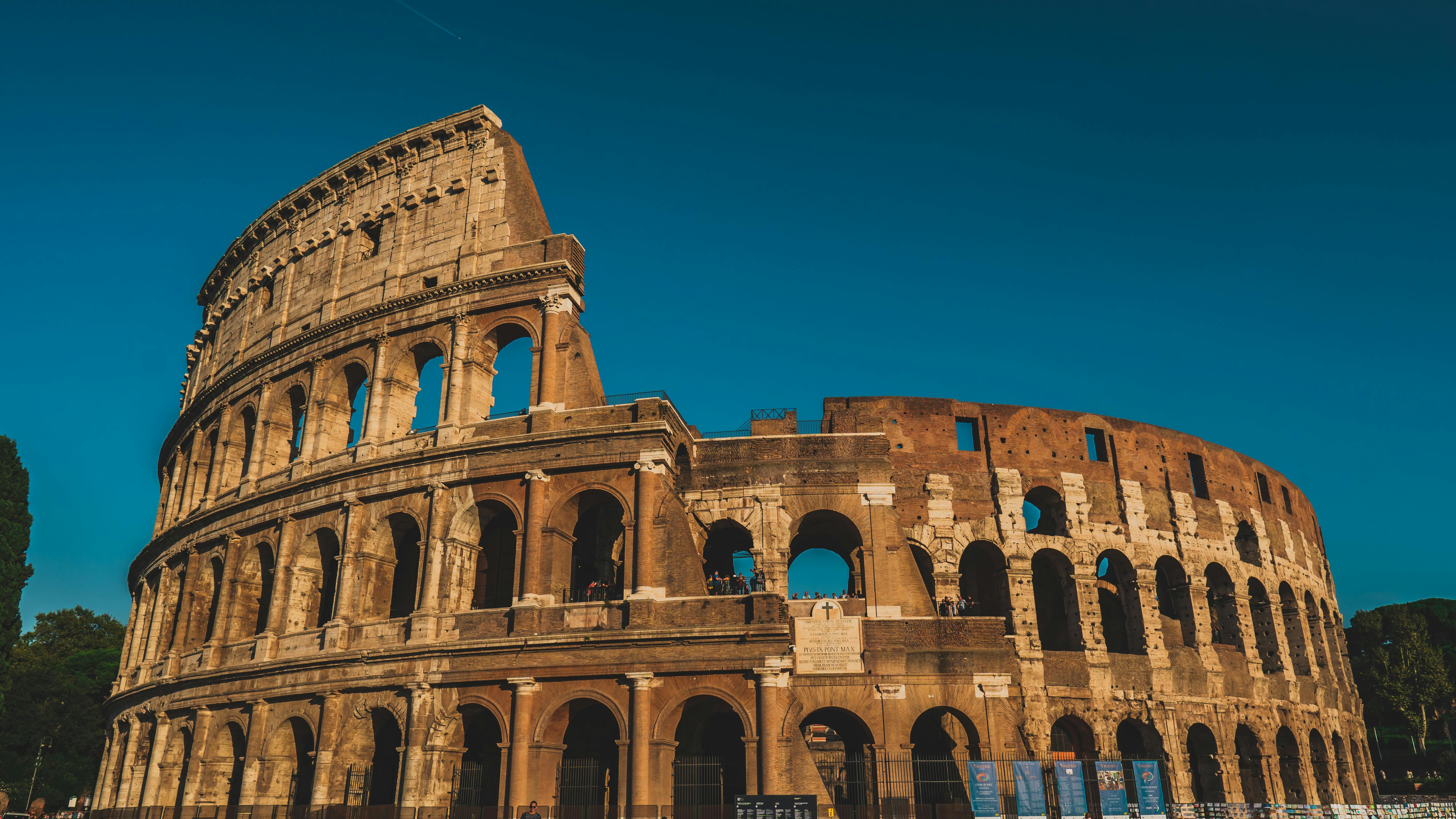
Bali: Paradise, Pressure, and the Culture Clash That Shapes the Island
The thing about Bali is this: it’s both a postcard and a protest. A myth and a mess. An island so achingly beautiful it makes your The thing about Bali is this: it’s both a postcard and a protest. A myth and a mess. An island so achingly beautiful it makes your Instagram filter feel insecure, yet so complicated it’ll leave you debating your role in its survival over your third coconut latte in Canggu.
For decades, Bali has been the dream—white sand beaches, cliffside infinity pools, temples that whisper history, and sunsets that belong in oil paintings. But the reality? Paradise comes with baggage.
Welcome to Bali, where surfboards and scooters cut through incense and offerings, where Welcome to Bali, where surfboards and scooters cut through incense and offerings, where digital nomads clock in from cafés while locals clock in prayers at shrines. And if you think Bali is just a vacation—Bali is also a frontline in the global clash between clock in from cafés while locals clock in prayers at shrines. And if you think Bali is just a vacation—Bali is also a frontline in the global clash between culture and consumption.
The Myth of Bali: Paradise on Earth
The story of Bali isn’t new. Western artists in the 1930s called it “the last paradise.” Hollywood turned it into a backdrop for love stories and enlightenment journeys. Eat Pray Love sealed it with Julia Roberts on a bike, declaring Bali the mecca of healing, yoga, and barefoot spirituality.
But here’s the thing—Bali isn’t just paradise. It’s a working, breathing island. It’s rice paddies that feed families, temples that ground a community, and ceremonies that happen regardless of how many tourists are lined up for beach clubs in Seminyak.
Bali is spiritual, messy, sacred, commercial, humble, and extravagant—all at once.
Bali Today: The Pressure Cooker
Tourism makes up more than 50% of Bali’s economy. When the pandemic shut borders, the island went quiet. Suddenly, the motorbikes weren’t buzzing, villas sat empty, and temples echoed with only local footsteps. Some saw it as a reset, others as devastation.
Now, Bali’s back—and louder. Airbnbs mushroom faster than the island can regulate. Traffic jams crawl like molasses. Beaches glow with neon from beach clubs that charge $20 for a cocktail, while local warungs serve full meals for $2 down the road.
And yet—Bali absorbs it. Adapts. The Balinese people have always danced between holding on and letting go.
Culture on the Line
Ask a Balinese priest, and he’ll tell you the problem isn’t the tourists, it’s the imbalance. Bali operates on Tri Hita Karana—harmony with God, people, and nature. But harmony gets tricky when over 6 million people fly in every year.
-
Ceremonies still rule life. Weddings, temple anniversaries, cremations—these don’t pause for tourists.
-
Canang sari offerings—little palm leaf baskets with flowers and rice—still line the streets, even if a tourist steps on them by accident.
-
The gamelan still plays—though sometimes drowned out by EDM from a rooftop bar.
The question isn’t whether Bali can survive tourism. It’s whether tourism can learn to survive Bali.
Fun Facts That Don’t Make It to Brochures
-
Bali is only one of over 17,000 islands in Indonesia, yet it grabs the spotlight like the headliner of a festival.
-
The Balinese calendar has 210 days—so imagine how many birthdays and ceremonies need celebrating.
-
The famous rice terraces? They’re part of a water-sharing system called subak, a 1,000-year-old UNESCO-recognized system rooted in community.
-
The island holds an annual Nyepi Day—a full 24 hours of silence, no flights, no work, no noise. Even tourists must stay indoors. Imagine Vegas shutting down for a day of meditation.
Quotes from the Ground
“I love Bali, but sometimes it feels like Bali doesn’t get to love itself back,” says Kadek, a driver in Ubud who’s been shuttling visitors for 20 years.
““Digital nomads come here looking for spirituality, but they bring their laptops and deadlines with them,” laughs Wayan, a café owner in Canggu. “Maybe the lesson is to slow down. But slowing down is not trending.”
Tips for Respecting Bali (and Not Being That Tourist)
-
Dress for the temple, not the beach—a sarong is your —a sarong is your passport.
-
Scooter smart—helmets aren’t optional, even if your —helmets aren’t optional, even if your Instagram vibe is.
-
Respect offerings—don’t step on them, no matter how small.
-
Ask before photos—temples aren’t just backdrops.
-
Support locals—eat at warungs, buy from artisans, and tip generously.
The Digital Nomad Invasion
Cafés with Wi-Fi stronger than the coffee have turned Canggu into a global coworking hub. You’ll hear English, Russian, Korean, and French all within one street. Everyone’s building startups, freelancing, or manifesting their next ebook.
But the joke? While nomads come seeking “freedom,” many end up in the same grind—just in board shorts.
Bali Beyond the Beaches
For the adventurous (and respectful), Bali’s soul isn’t just in Seminyak beach clubs or Ubud smoothie bowls.
-
East Bali: Quiet fishing villages and Mount Agung watching from above.
-
North Bali: Waterfalls and black sand beaches without the crowds.
-
West Bali National Park: Rare birds and mangrove forests.
The real Bali is patient—it reveals itself if you move slow enough.
Culture Impact: Bali vs. The World
Here’s the paradox: Bali influences global wellness culture (yoga retreats, detox cleanses, raw food cafés), but global culture also shapes Bali (luxury resorts, EDM festivals, Here’s the paradox: Bali influences global wellness culture (yoga retreats, detox cleanses, raw food cafés), but global culture also shapes Bali (luxury resorts, EDM festivals, influencer tourism).
The island is a mirror—what you bring to it is what you’ll see. Show up rushed, and you’ll feel The island is a mirror—what you bring to it is what you’ll see. Show up rushed, and you’ll feel chaos. Show up mindful, and you’ll feel the magic.
FAQ
Q1: Is Bali still Q1: Is Bali still affordable for travelers?
Q2: When’s the best time to visit Bali?
Q3: Do I need to worry about cultural rules?
Q4: Can I live in Bali as a Q4: Can I live in Bali as a digital nomad?
How to Do Bali Right
Closing Thoughts
Bali isn’t just a destination—it’s a dialogue. Between the sacred and the commercial, the local and the global, the serene and the chaotic.
As contenthub.Guru would say, stories like Bali’s are where culture, commerce, and creativity collide. Bali is more than a postcard. It’s a lesson. A warning. A celebration.
Paradise is fragile. And in Bali, paradise is also human.
Suggested for You

The City-State Vibes of Greece: From Ancient Streets to Modern Beats
Reading Time: 6 min
Dive into the gritty, vibrant story of Greece’s city-states. Explore history, culture, modern impact...
Read More →
Canada: The Cool Neighbor Up North Redefining Culture, Power, and Identity
Reading Time: 6 min
Dive deep into Canada’s culture, history, impact, and contradictions. From Drake to maple syrup, uni...
Read More →
The Untamed Pulse of Rome: Culture, History, and Modern Life in the Eternal City
Reading Time: 6 min
Dive into the raw energy of Rome—the city-state that shaped empires and modern culture. Explore hist...
Read More →
Bali: Paradise, Pressure, and the Culture Clash That Shapes the Island
Reading Time: 6 min
Explore Bali’s stunning beaches, spiritual culture, tourist influx, and cultural impact. Discover ho...
Read More →
Comments